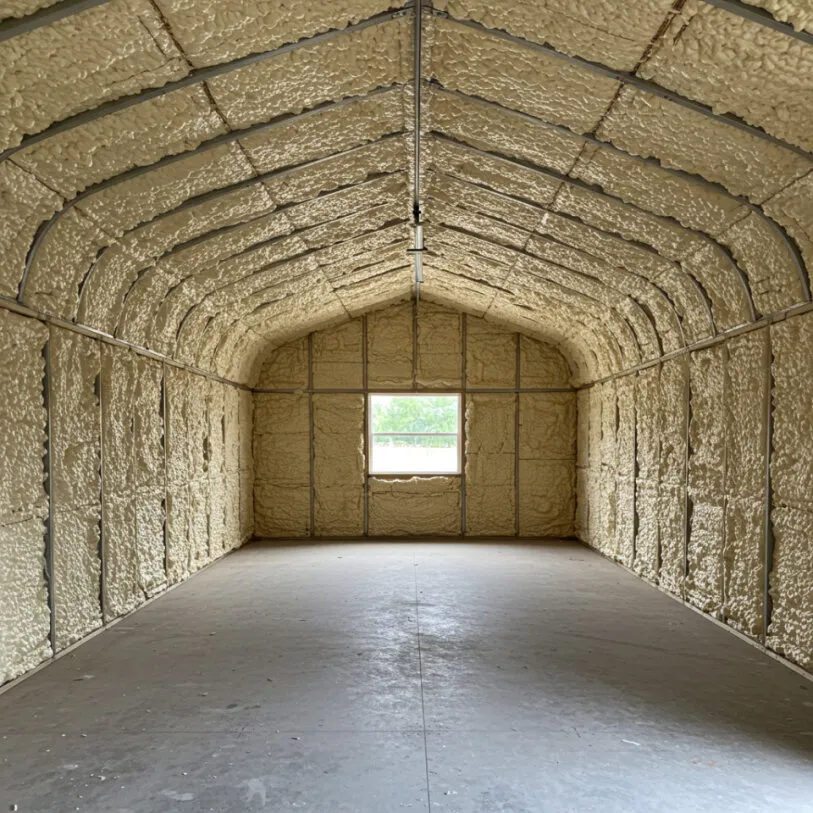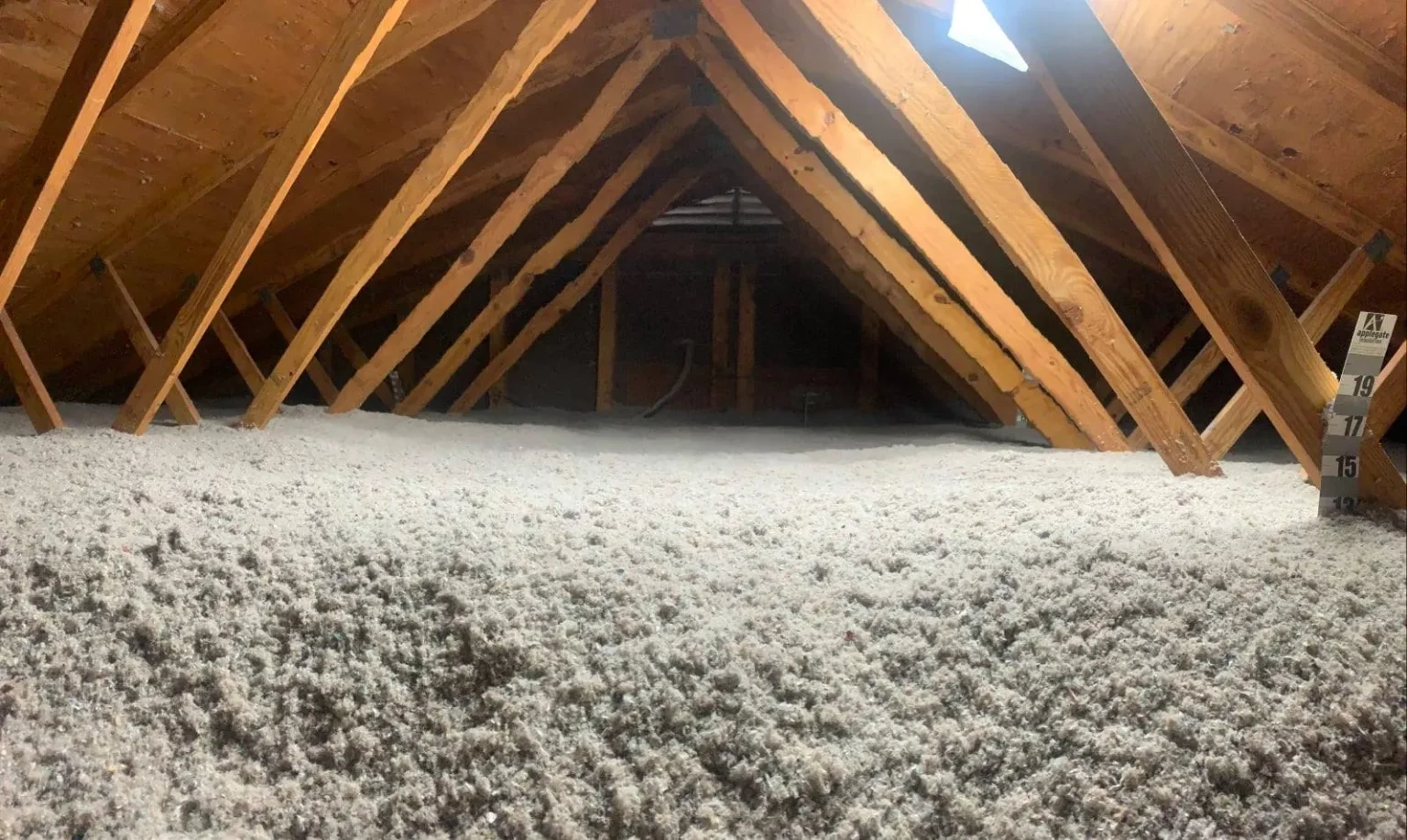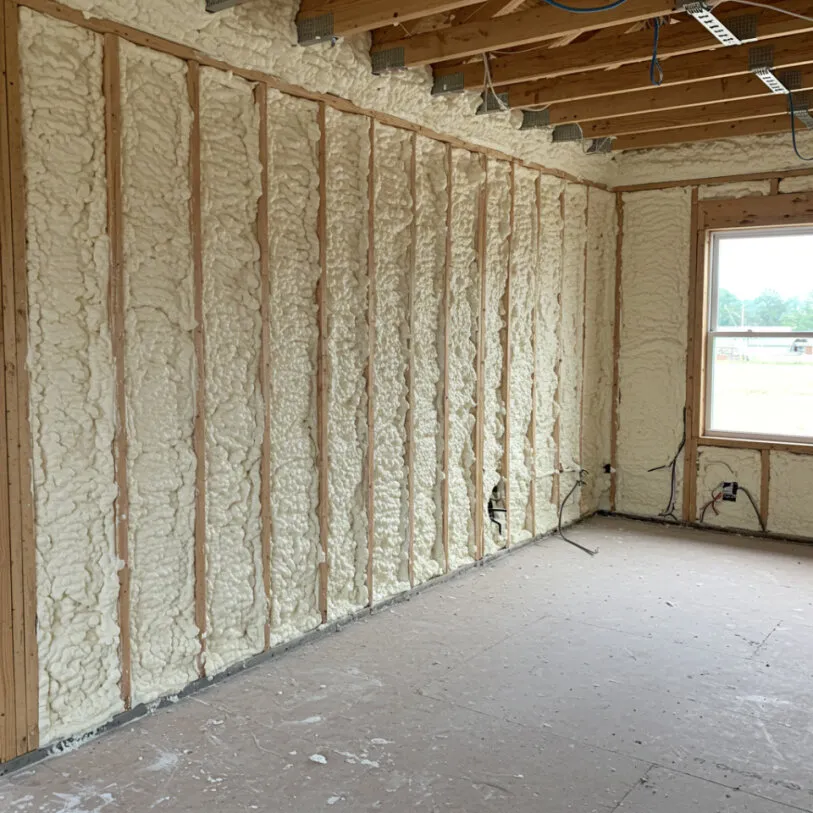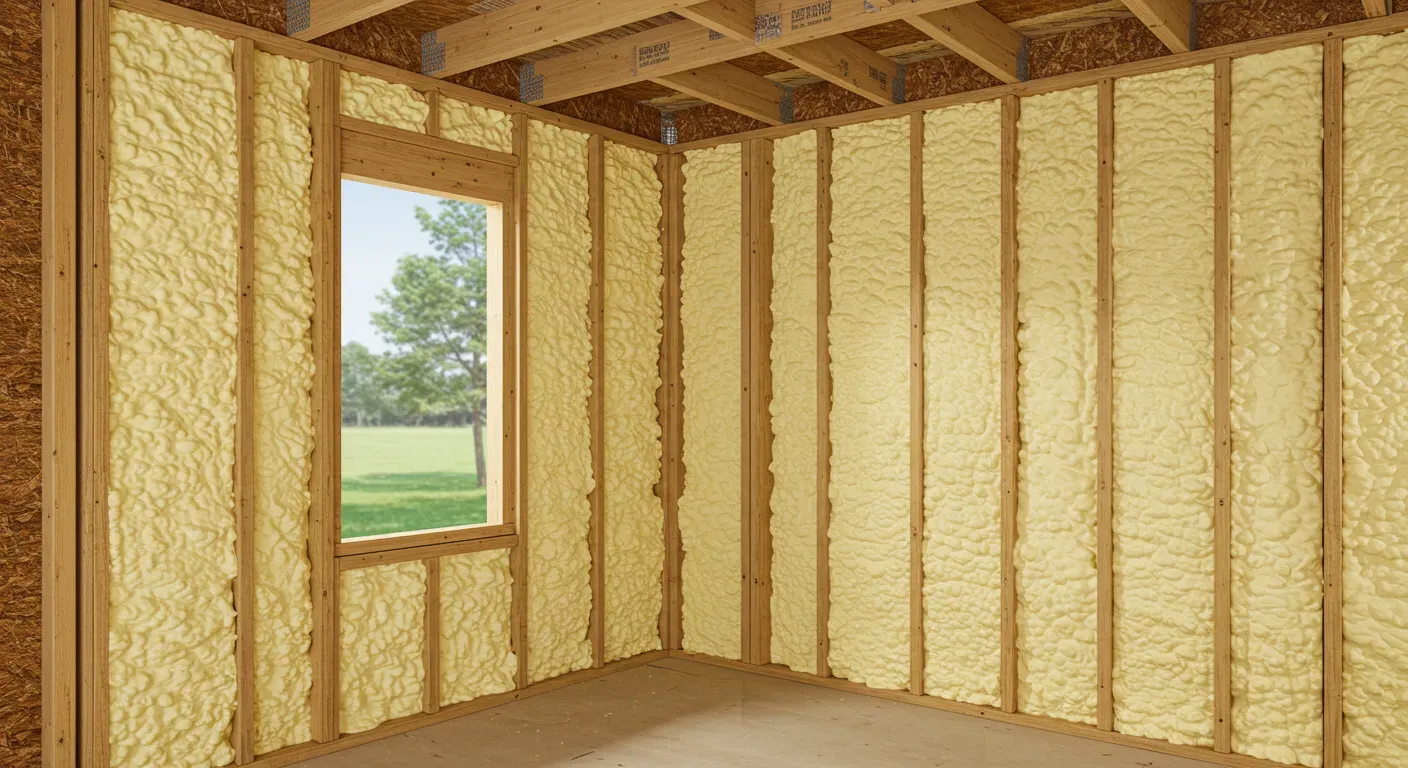

When it comes to improving your home’s energy efficiency, attic insulation is one of the most effective upgrades you can make. Properly insulated attics help regulate temperature, reduce energy waste, and lower your monthly utility bills. Cascadia Spray Foam of Seattle specializes in energy-efficient solutions, particularly spray foam insulation, to enhance the performance of homes across the Pacific Northwest.
This article will walk you through why attic insulation is crucial for energy efficiency and provide actionable tips on how you can maximize the effectiveness of this important home improvement. If you’re ready to make your home more energy-efficient, keep reading to discover the benefits and key considerations of attic insulation.
The attic is one of the primary areas where homes lose heat, especially in regions like Seattle, where chilly winters are common. If your attic isn’t properly insulated, you’re likely losing a significant amount of energy through gaps and air leaks. This not only causes your home to be less comfortable, but it can also lead to higher heating and cooling costs.
Spray foam insulation is an excellent option for attic insulation because it seals gaps and provides superior thermal resistance (known as R-value). By investing in attic insulation, you’re taking a big step toward reducing your energy bills and increasing your home’s comfort.
Spray foam insulation offers several advantages over traditional insulation materials like fiberglass or cellulose. Here are some reasons why it’s particularly beneficial for your attic:
Before you proceed with choosing insulation, it’s important to understand the concept of R-value. This is a measure of how well a material resists heat flow. The higher the R-value, the better the material is at insulating.
In the Pacific Northwest, the recommended R-value for attic insulation typically ranges from R-38 to R-60, depending on your specific needs. Spray foam insulation typically provides an R-value of about R-6.5 to R-7 per inch of thickness, making it one of the highest-performing materials available.
| Material | R-Value per Inch | Air Sealant Quality | Moisture Resistance | Longevity |
|---|---|---|---|---|
| Spray Foam Insulation | R-6.5 to R-7 | Excellent | Excellent | 50+ years |
| Fiberglass Insulation | R-3.7 to R-4.3 | Fair | Poor | 15-20 years |
| Cellulose Insulation | R-3.6 to R-3.8 | Fair | Fair | 10-20 years |
Proper attic ventilation is crucial to avoid trapping moisture, which could damage your insulation or even cause structural problems over time. Before installing insulation, it’s important to ensure your attic has the right balance of intake and exhaust vents.
If your attic already has insulation, it’s important to assess its condition. Older materials might be compacted or degraded, reducing their effectiveness. Spray foam insulation can be applied on top of existing materials in many cases, but it’s best to evaluate whether removal or replacement is necessary.
Check local regulations and potential rebates for energy-efficient home improvements. Seattle and surrounding areas offer various incentives for homeowners who invest in insulation upgrades, which can help offset the cost.
Yes, spray foam insulation is safe when applied properly by certified professionals. At Cascadia Spray Foam Insulation of Seattle, we use only the highest-quality, non-toxic materials that meet strict safety standards.
Spray foam insulation can usually be installed in a matter of hours, depending on the size of your attic. The application process is quick, and the insulation starts expanding immediately, sealing all gaps.
To maintain your insulation’s performance, make sure your attic is free from moisture. Consider adding a vapor barrier and ensuring your attic is properly sealed to keep the space dry and maximize the lifespan of your insulation.
Cascadia Spray Foam of Seattle specializes in providing top-tier spray foam insulation services to homeowners in the Pacific Northwest. If you’re ready to make your home more energy-efficient, reduce your utility bills, and enhance your comfort, schedule a free insulation assessment with our expert team today!
For more information or to schedule your free assessment, visit Schedule Your Assessment, or contact us directly at (425) 386-3500 or [email protected]. We’re here to help you make your home more energy-efficient!
Spray foam expands to fill cracks and gaps, providing a more effective air seal and higher R-value than fiberglass. It’s also more moisture-resistant, which helps prevent mold growth.
If your home feels drafty or you experience temperature fluctuations between rooms, your attic insulation may be inadequate. A professional insulation assessment can confirm whether your attic insulation needs upgrading.
Yes, spray foam insulation provides significant energy savings by reducing air leaks and improving thermal performance. Many homeowners report a noticeable reduction in heating and cooling costs after installation.
While it is possible to install some types of insulation yourself, spray foam insulation should always be installed by a professional. Improper application can lead to gaps or uneven coverage, compromising performance.
High-quality spray foam insulation can last over 50 years when installed correctly, providing a long-term solution for energy efficiency.


